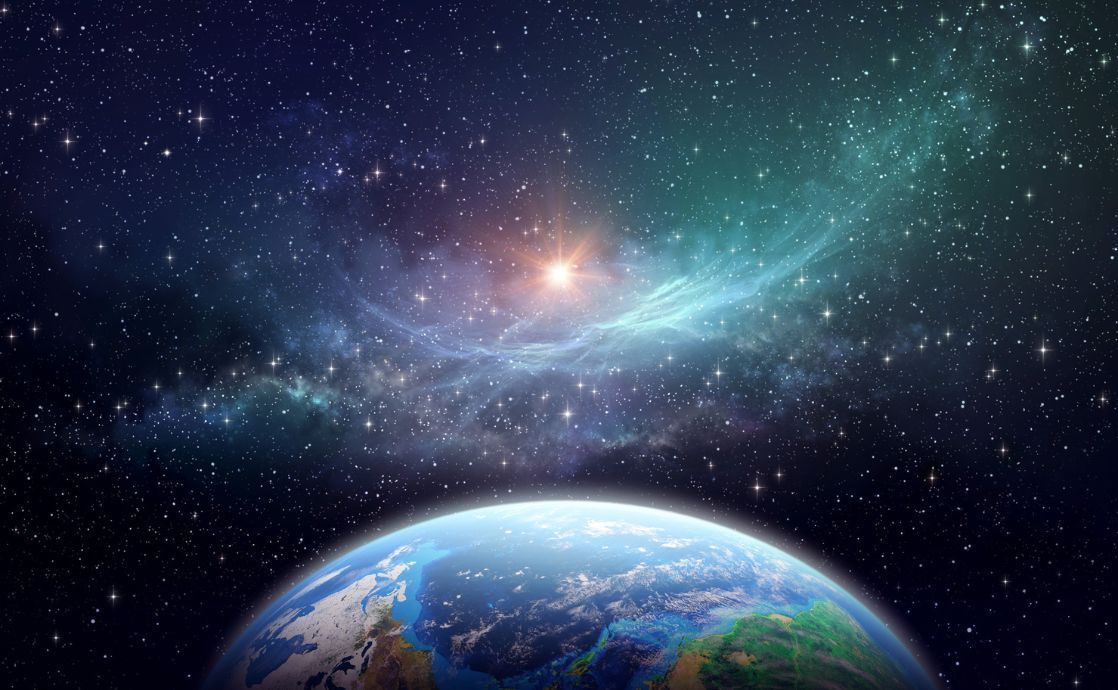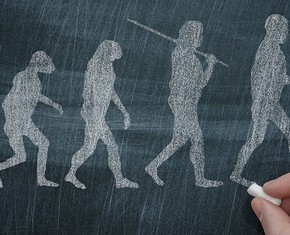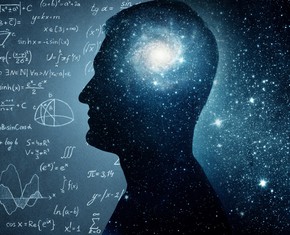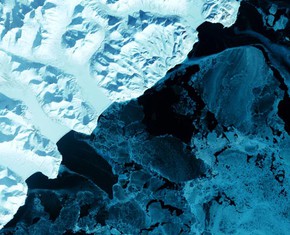The views expressed in our content reflect individual perspectives and do not represent the authoritative views of the Baha'i Faith.
Since the dawn of the scientific age, humanity has learned a great deal about our universe — but our slim knowledge parades in front of massive ignorance. Most of the universe remains a deep mystery to us.
In August of 2023, the science writer Sarah Schols, in a perceptive article for Scientific American magazine, said that the exact nature of the overwhelming majority of the universe “continues to elude scientists.”
While humanity’s trove of scientific knowledge can sometimes seem complete and comprehensive, it isn’t — we understand very little compared to the vast amount of what we do not understand. In fact, that may be the main message of science: humility. We know only a tiny fraction of what can be known — when we gaze out into the universe, we’re all small children just learning to walk.
RELATED: Human Beings: the Way the Cosmos Knows Itself
Basically, we do know — or rather, we think we know — about four central elements that make up our universe: matter and energy, and what scientists have called “dark matter” and “dark energy.” In her Scientific American article, Scoles wrote:
The two unknown, or dark, parts of that equation make up 95 percent of the universe, and their nature continues to elude scientists, who don’t know how the contributions of those components to the universe’s life story might change over time.
Just so we do know what we know, let’s review the basics of what scientists call “the standard model of cosmology.”
Cosmologists think that normal matter — the atomic building blocks of everything we humans can see and touch and reliably detect — makes up only about 4 percent of the universe. The remainder, which we can’t see (so far), we call dark energy and dark matter. Those invisible components of our universe account for roughly 68 percent and 27 percent, respectively. That’s the theory, anyway. A few quick Wikipedia definitions may be helpful here:
- Dark matter: a hypothetical form of matter thought to account for approximately 85% of the matter in the universe. Dark matter is called “dark” because it does not appear to interact with the electromagnetic field, which means it does not absorb, reflect, or emit electromagnetic radiation and is, therefore, difficult to detect.
- Dark energy: in physical cosmology and astronomy, dark energy is an unknown form of energy that affects the universe on the largest scales. The first observational evidence for its existence came from measurements of supernovas, which showed that the universe does not expand at a constant rate; rather, the universe’s expansion is accelerating.
Clearly, these are theories — we don’t have much actual evidence, beyond some measurements and suppositions, for the existence of dark energy and dark matter. We believe our universe is expanding because our scientific calculations have shown that other celestial bodies, including entire galaxies, are moving away from our own galaxy, their movement accelerating as well.
Regardless, the scientific and philosophical question that Scoles posed in the title of her article — “Will the Universe Ever Stop Expanding?” — presumes some sort of finite outer boundary to the universe as it now exists. That’s one of our oldest concepts — that the universe has limits.
This restricted, bounded, all-too-human conception of the universe and its supposed outer limits, the Baha’i teachings suggest, is quite limited itself. During the 19th century, Baha’u’llah, the prophet and founder of the Baha’i Faith, wrote:
As to thy question concerning the origin of creation. Know assuredly that God’s creation hath existed from eternity, and will continue to exist forever. Its beginning hath had no beginning, and its end knoweth no end. His name, the Creator, presupposeth a creation …
In multiple places throughout his revelation, Baha’u’llah described the universe not only as timeless, but as “endless” and “limitless.” Abdu’l-Baha, in a provisional translation of his Tablet of the Universe, said that the limitless creation reflects an unlimited Creator:
… the expressions of the creative hand of God throughout His limitless worlds are themselves limitless. Limitations are a characteristic of the finite, and restriction is a quality of existent things, not of the reality of existence.
This being the case, how can one, without proof or testimony, conceive of creation being bound by limits?
RELATED: Big History: Vast Space, Eons of Time, and the Purpose of Creation
After all, how could something expand if it’s already infinite? How would it be possible to circumscribe something that has no boundaries? How could the endless universe be assigned any borders or limitations? We certainly haven’t found any boundaries, borders, or edges of the universe with our most powerful scientific instruments — nor will we ever, the Baha’i teachings say. In a speech he gave in Eliot, Maine, in 1912, Abdu’l-Baha said:
Prescribing limitation to God is human ignorance. God is the Ancient, the Almighty; His attributes are infinite. He is God because His light, His sovereignty, is infinite. If He can be limited to human ideas, He is not God. Strange it is that, notwithstanding these are self-evident truths, man continues to build walls and fences of limitation about God, about Divinity so glorious, illimitable, boundless. Consider the endless phenomena of His creation. They are infinite; the universe is infinite. Who shall declare its height, its depth and length? It is absolutely infinite.
So, given that premise, is the Big Bang even possible if we live in an infinite universe? A recent book — We Have No Idea — A Guide to the Unknown Universe, by robotics PhD George Cham and professor of experimental particle physics Daniel Whiteson — offers one possibility:
… how can an infinite universe be consistent with what we see? Can a universe be infinite and expand from a Big Bang? Yes, but only if you don’t assume the Big Bang started from a single spot. Imagine a Big Bang that happened everywhere at the same time. This is difficult to imagine … but it’s also totally consistent with what we observe. In such a universe, the Big Bang exploded everywhere all at once.
Mind-boggling, isn’t it? When we consider and contemplate the creation and its unbounded magnitude, physics and philosophy start to converge — and we approach something transcendent, forming the scientific and intellectual foundation for a way to get a glimpse, through the unlimited creation, of the existence of an all-powerful and limitless Creator.
















Comments
Sign in or create an account
Continue with Googleor